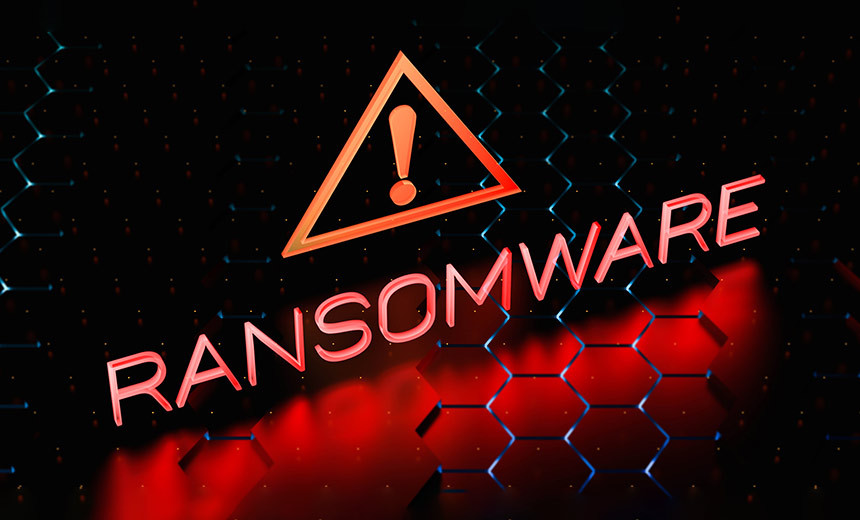The second half of 2023 saw a significant increase in the scale and sophistication of DDoS attacks, with the maximum attack power rising to 1.6 Tbps, according to data by Gcore.
An investigation revealed widespread use of Pegasus spyware on the phones of journalists, human rights advocates, and lawyers in Jordan, suggesting a targeted surveillance campaign by Jordanian authorities.
The decline in the number of ransomware victims paying a ransom is attributed to better business resilience, assistance from the FBI, and the realization that paying for intangible promises is not effective.
The Cybersecurity and Infrastructure Security Agency (CISA) has observed an evolving threat from China-linked hackers infiltrating U.S. critical infrastructure, aiming to induce societal panic and chaos.
Some internal services at the hospital, such as internet, email, and access to medical platforms, have been affected, resulting in delays for scheduled procedures and test results.
This strategic partnership will involve integrating Tenchi’s SaaS platform into Accenture’s managed security services to enhance defenses against supply chain security threats.
The “Greatness” phishing tool poses a significant threat to Microsoft 365 accounts and has the capability to outmaneuver multi-factor authentication, increasing the potential for cybercrime.
Oasis Security, a startup from Israel, has developed a three-part system to address the challenges of non-human identity management, including discovery, resolution, and automation.
The hackers claimed to have accessed over 100 terabytes of Albania’s geographic information system and population data, although the institute denied that recent census data was compromised.
The Passenger Rail Agency of South Africa (PRASA) reported a loss of 30.6 million rand due to a phishing scam, with only half of the stolen money recovered. Insider threats, such as ghost email accounts, are suspected.







